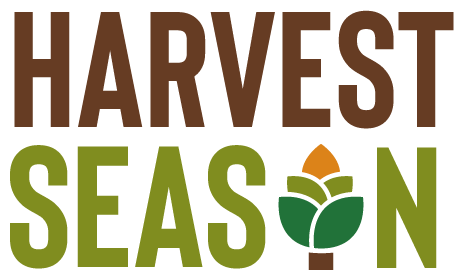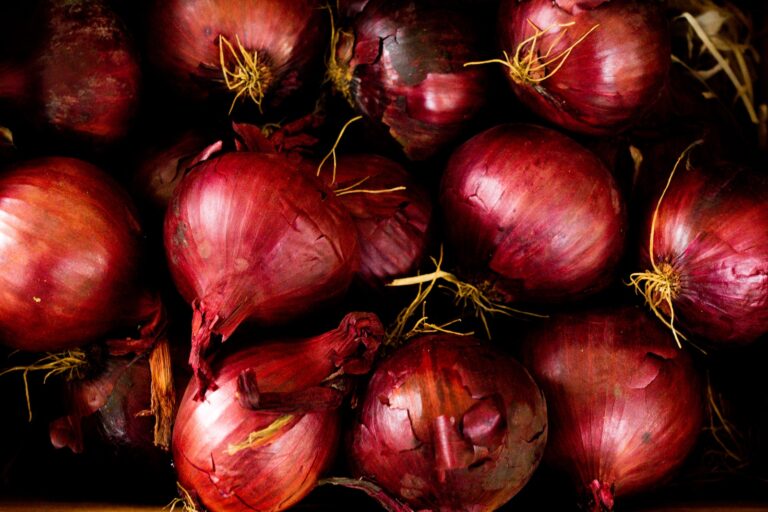Effective Natural Remedies for Livestock Diseases in Kenya
Are you a livestock farmer in Kenya seeking effective natural remedies for diseases that ail your animals? Look no further, as this discussion will explore a multitude of herbal remedies, essential oils, natural supplements, homeopathic treatments, and traditional remedies that can aid in preventing and treating livestock diseases.
With a wealth of options at your disposal, you’ll be equipped with the knowledge to improve the health and well-being of your livestock, leading to increased productivity and ultimately, greater success in your farming endeavors.
So, are you ready to discover the secrets of these effective natural remedies?
Herbal Remedies for Livestock Diseases
Herbal remedies offer a natural and effective solution for treating various livestock diseases in Kenya. When it comes to dealing with livestock parasites and infections, alternative treatments are gaining popularity among farmers. These natural remedies provide a safer and more sustainable option compared to conventional medications.
Livestock parasites pose a significant threat to the health and productivity of animals. However, using natural remedies can help manage and control these infestations. For instance, neem oil, derived from the neem tree, has proven effective against a wide range of parasites, including ticks, mites, and lice. Its antiparasitic properties help eliminate these pests and reduce the risk of diseases they transmit.
Additionally, garlic has been used for centuries as a natural remedy for various infections in livestock. Its antimicrobial properties help fight against bacteria, viruses, and fungi. When consumed regularly, garlic can boost the immune system of animals, making them more resilient to infections.
Other natural remedies, such as turmeric, oregano oil, and apple cider vinegar, also show promising results in treating and preventing livestock diseases. These alternatives not only provide effective treatment but also minimize the risk of developing antibiotic resistance.
Essential Oils for Treating Livestock Ailments
Essential oils offer a natural and effective approach to treating various ailments in livestock. These oils, derived from plants, have been used in veterinary medicine for centuries and have shown promising results in improving livestock health. The benefits of using essential oils for livestock health are numerous.
One of the key advantages of essential oils is their antimicrobial properties. Many essential oils possess strong antimicrobial activity against a wide range of pathogens, including bacteria, fungi, and viruses. This makes them valuable in treating infectious diseases in livestock, such as respiratory infections, mastitis, and hoof rot.
In addition to their antimicrobial properties, essential oils also have anti-inflammatory effects. This can be beneficial in managing conditions such as arthritis in livestock, reducing pain and swelling associated with the disease.
Furthermore, essential oils are known to have insecticidal and insect-repellent properties. This makes them effective in controlling parasites and pests that commonly affect livestock, such as ticks, fleas, and lice.
It is important to note that essential oils should be used under the guidance of a veterinarian, as their concentration and application method can vary depending on the specific ailment and species of livestock. Additionally, some essential oils may have toxic effects if used incorrectly.
Natural Supplements for Boosting Livestock Immunity
Enhancing livestock immunity through natural supplements is an effective approach to promoting overall health and disease resistance. Natural remedies for livestock parasites and alternative treatments for livestock infections can play a crucial role in improving the immune system of animals.
One natural supplement that has shown promising results in boosting livestock immunity is garlic. Garlic contains compounds such as allicin, which has antibacterial, antiviral, and antifungal properties. Adding garlic to the diet of livestock can help prevent and treat various infections. Additionally, garlic can stimulate the production of white blood cells, which are essential for fighting off pathogens.
Another natural supplement that can enhance livestock immunity is echinacea. Echinacea is a herb that has been used for centuries to treat infections and boost the immune system. It contains compounds that can stimulate the production of immune cells and enhance their activity. Incorporating echinacea into the diet of livestock can help them better withstand diseases and improve their overall health.
Probiotics are also beneficial in enhancing livestock immunity. Probiotics are live microorganisms that can promote the growth of beneficial bacteria in the gut. A healthy gut microbiome is essential for a strong immune system. By improving digestion and nutrient absorption, probiotics can help livestock maintain optimal health and fight off infections.
Homeopathic Treatments for Common Livestock Illnesses
Homeopathic remedies offer a natural and holistic approach to treating common illnesses in livestock, providing effective alternatives to conventional veterinary treatments. These remedies are derived from natural substances and aim to stimulate the body’s own healing abilities. When it comes to combating livestock diseases, homeopathic treatments can be a valuable addition to your disease prevention and management strategies.
One area where homeopathy has shown promise is in the treatment of livestock parasites. Natural remedies such as herbal preparations, essential oils, and botanical extracts can help control and eliminate parasites in livestock. For example, garlic has been found to have anti-parasitic properties and can be added to the animals’ feed to help ward off internal parasites like worms. Similarly, neem oil, derived from the neem tree, has insecticidal properties and can be used topically to control external parasites like ticks and mites.
Incorporating holistic approaches to livestock disease prevention is crucial for maintaining the overall health and well-being of your animals. This involves implementing practices that support their natural immune system, such as providing a balanced diet, ensuring proper hygiene and sanitation, and minimizing stress factors. Additionally, homeopathic remedies can be used as preventive measures to boost the immune system and promote overall health in livestock.
By embracing homeopathic treatments and holistic approaches to livestock disease prevention, you can reduce the reliance on conventional veterinary treatments and promote the well-being of your animals in a natural and sustainable manner.
| Natural Remedies for Livestock Parasites | Holistic Approaches to Livestock Disease Prevention |
|---|---|
| Garlic (added to feed) | Balanced diet |
| Neem oil (topical application) | Proper hygiene and sanitation |
| Herbal preparations | Minimizing stress factors |
| Essential oils | Promoting immune system health |
Traditional Remedies for Preventing and Treating Livestock Diseases
When it comes to preventing and treating livestock diseases, exploring traditional remedies can provide alternative solutions to conventional veterinary treatments. Traditional remedies for livestock parasites and alternative therapies for livestock health have been used for centuries by farmers in Kenya. These remedies are often derived from local plants, herbs, and other natural resources that have shown effectiveness in managing and preventing diseases in livestock.
One traditional remedy for livestock parasites is neem oil. Neem oil, derived from the neem tree, has been used as a natural insect repellent and anti-parasitic agent. It can be applied topically or mixed with feed to help control external and internal parasites in livestock.
Another traditional remedy is garlic. Garlic has natural antibacterial and antiviral properties, which can help boost the immune system of livestock and prevent the spread of diseases.
In addition to these remedies, alternative therapies such as acupuncture and herbal medicine have gained popularity among farmers as holistic approaches to livestock health. Acupuncture involves the insertion of fine needles into specific points on the animal’s body to promote overall well-being and balance. Herbal medicine, on the other hand, involves the use of specific herbs and plants to treat various ailments and boost the immune system of livestock.
While traditional remedies and alternative therapies may not replace conventional veterinary treatments entirely, they can serve as complementary approaches to prevent and manage livestock diseases. It’s important, however, to consult with trained professionals and veterinarians to ensure the safe and effective use of these remedies.


